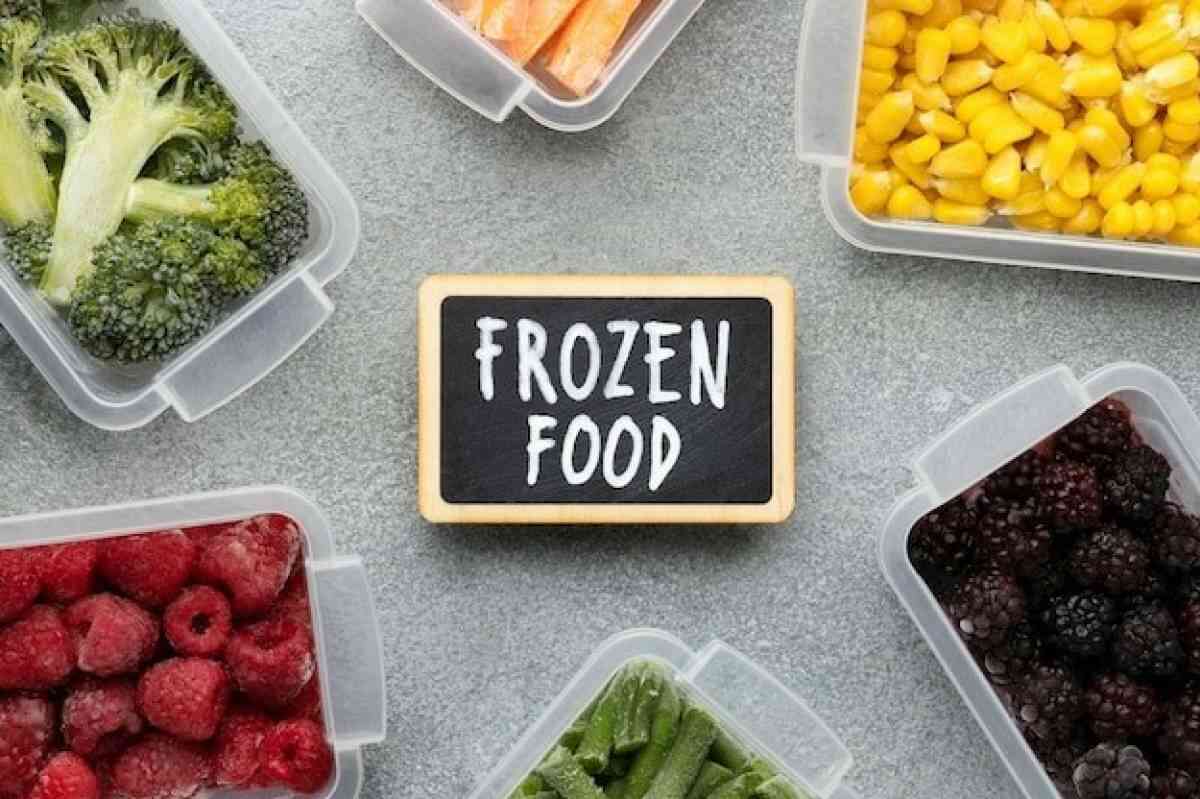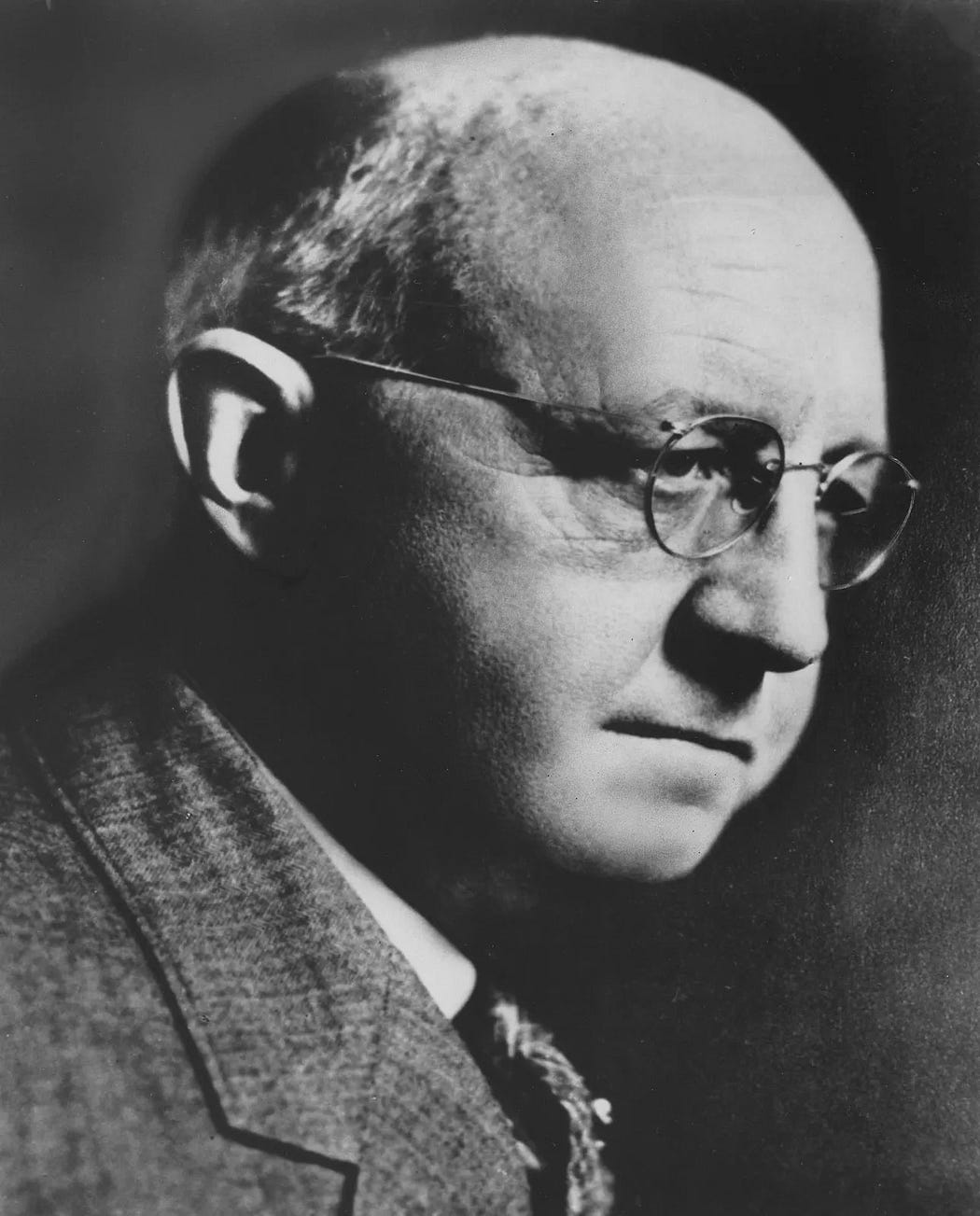History Of Frozen Food And Its Current Stride

The frozen department of the supermarket is often deemed to be ordinary by customers.
History of frozen food and its current stride
The frozen department of the supermarket is often deemed to be ordinary by customers. But, the reality is that nothing of it existed a century back.
In reality, the advent of sophisticated, commercially feasible frozen food represented a novel way for individuals to not only prepare quick but also simple meals on the go.
Today, we’ll examine the history of frozen food as well as its subsequent emergence into the spotlight.
The History of Frozen Food

1924 — Clarence Birdseye –The Father of frozen food
American entrepreneur Clarence Birdseye is attributed with pioneering frozen food. In 1924, while exploring the glacier Labrador Territory of Canada, this master mind Birdseye observed that the fish he was scooping would almost instantaneously freeze upon being yanked out of the water. He reluctantly defrosted the fish a few months later and was blown away by how delectable it tasted.
(information source: Library)
This might not seem all that groundbreaking to the average customer, nevertheless, Clarence Birdseye’s concept of flash freezing, which he arose with after witnessing frozen fish, was a revolutionary idea. Birdseye’s introduction of this method eventually led to the packaging and mass-freezing of food, which in effect ignited frozen food industry boom that kept easy to make and instant food on millions of tables in the US and worldwide.
We now have cold chain logistics, which is a substantial industry enabled by the advancement of more efficient forms of refrigerated transportation.
1940s — Frozen foods boomed as a business:
The first wholesome frozen meals were produced and marketed was down in the 1940s, which ignited an uncontrollable craze that’d permeate the globe over the succeeding few decades.
Frozen food was still at the backseat until Americans first tasted frozen food in the 1940s, during World War II. It’s convenience and affordability was the USP as the country was facing a massive food shortage which opened doors for a dearth of canned food brands and frozen food brand.
Taking a leap of modernization, frozen food had been widely embraced by many American families along with individuals all over the world due.
By the 1960s, so-called convenience food items were in all rage and the frozen ready meals market mirrored the changes taking place in society. One major societal change was nailed down very well was, as more and more women left the traditional housewife role and moved in to being working professionals gave them lesser time at home to prepare a wholesome meal from scratch. Also known as the ‘TV Dinner’ these frozen food meals or products severed as full meals in a fraction of the time.
The first official freezing operation in the world was founded in 1861 at Darling Harbour in Sydney, Australia. This freezing works was named as New South Wales Fresh Food and Ice Company that delivered shipments of frozen meat to London in 1868.
(information source: wiltshire farm foods)
2000s — The Revival of the Frozen Food Industry
In the early 2000s, frozen food’s freshness was criticized, and many people began to consider it a monotonous substitute for home cooking. Some astonishing and proven frozen food myths and facts got to your notice by Goeld, shall help you get more clarity.
The frozen food industry, although, was not adversely affected by this; contrary, it flourished as a result of it, resulting in the production of exquisite, nutritious meals in ready-to-eat frozen foods. Consumer demand has risen as a consequence of a growth in the diversity of frozen meals supplied to them over a span of 10 years. Businesses that manufacture frozen meals are likewise emphasizing more on fostering better-frozen foods for better lifestyle.
Since frozen goods require relatively lesser time and resources to cook compared to conventional meals, as well as less food waste, consumption patterns for ready meals are indeed a result of changing lifestyles. In recent years, the percentage of employed women in India has increased dramatically. As the number of working women expands, cooking becomes more onerous for them, which causes a rise in the utilization of frozen ready meals.
The contemporary trend of frozen food is tremendously accelerating.
The Goeld prodigy:
GOELD, a manufacturer high standard frozen food items has taken a leap towards building a healthy and prosperous nation. For Goeld, it is nothing but the best. The word compromise is far away from our business moto. Additionally, we adhere to strict global scrutiny to meet our objective: Products that makes the world proud of us.

